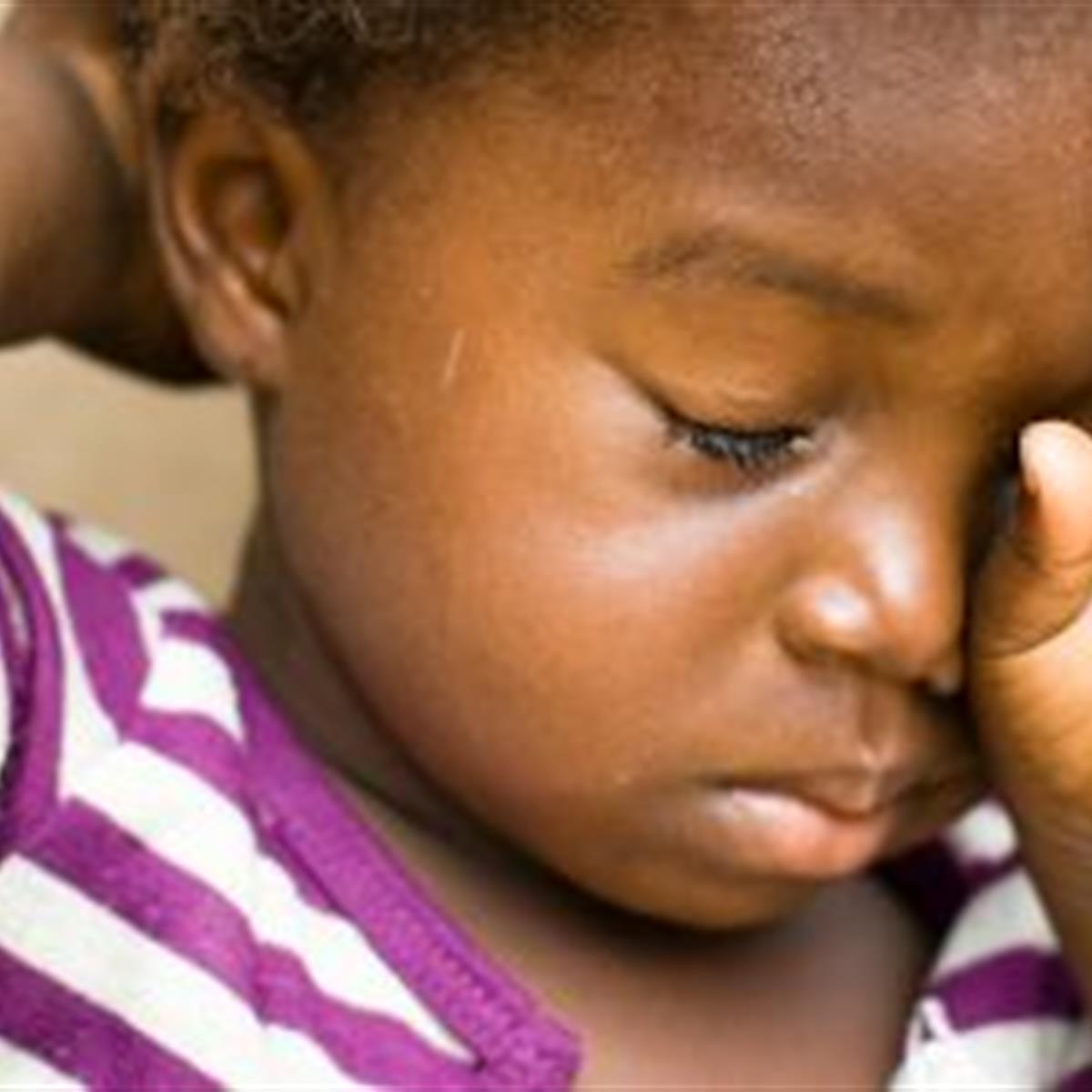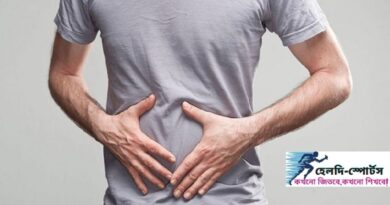What is Symptoms of Dehydration
When the body does not have enough water, it is said to be dehydrated. The body needs water for many reasons, such as to keep the skin healthy, to lubricate the joints, and to carry nutrients to the cells. Dehydration can cause many different symptoms.
Some of these are listed below.
When your body doesn’t have enough water, it is said to be dehydrated. Dehydration can be caused by losing too much fluid, not drinking enough fluids, or a combination of both. When you sweat excessively or vomit, you lose a lot of water and can become dehydrated quickly.
Other causes of dehydration include having diarrhea, sweating excessively during exercise, or being in hot weather without adequate fluid replacement. Symptoms of dehydration include feeling thirsty, lightheaded, tired, or having dark-colored urine. If you think you might be dehydrated, it’s important to drink more fluids and seek medical attention if your symptoms are severe.
What are symptoms of dehydration?
What are the 3 Most Common Signs of Dehydration?
Dehydration can cause a number of different symptoms, but there are three that are particularly common: thirst, dry mouth, and fatigue.
Thirst is the most obvious sign that you’re dehydrated. When your body doesn’t have enough water, it will send signals to your brain telling you to drink more.
If you’re thirsty, it’s important to drink fluids right away.
Dry mouth is another common symptom of dehydration. When your body doesn’t have enough water, it tries to conserve what it does have by producing less saliva.
This can lead to a feeling of dryness in your mouth and throat.
Fatigue is another common sign of dehydration. When your body doesn’t have enough water, it isn’t able to function as efficiently as normal.
This can lead to feelings of tiredness and lethargy.
If you’re experiencing any of these symptoms, it’s important to drink fluids right away and seek medical attention if they don’t improve or if you develop additional symptoms such as dizziness or confusion.
How Can You Tell If You are Dehydrated Enough?
Dehydration happens when your body does not have enough water to function properly. You can become dehydrated from losing too much fluid, not drinking enough fluids, or both. When you are dehydrated, your body cannot sweat properly, which means you will not be able to cool down.
This can lead to heat exhaustion or even heat stroke. Symptoms of dehydration include:
– Thirst
– Dry mouth
– Fatigue
– Dizziness or lightheadedness
– Headache
– Muscle cramps
If you are experiencing any of these symptoms, it is important to rehydrate immediately by drinking clear fluids like water or an electrolyte drink.
You should also avoid caffeine and alcohol as they will further dehydrate you. If your symptoms are severe, seek medical attention as soon as possible.
What are the 7 Signs of Dehydration?
There are many signs and symptoms of dehydration, but these are the 7 most common:
1. Thirst
This is usually the first sign that you’re dehydrated.
When you’re thirsty, it means your body has lost fluid and needs to be replenished.
2. Dry mouth
If your mouth feels dry or sticky, it’s another sign that you need to drink more fluids.
saliva production decreases when you’re dehydrated, leading to a dry mouth.
3. Fatigue or weakness
When your body doesn’t have enough fluid, it can lead to fatigue or weakness.
This is because dehydration can cause your blood volume to drop, making it harder for your heart to pump blood throughout your body.
4. Dizziness or lightheadedness
Dehydration can also cause low blood pressure, which can lead to dizziness or lightheadedness.
If you stand up too quickly from a sitting or lying position, you may feel faint or even pass out due to a sudden drop in blood pressure.5 5 . Dark-colored urine
If your urine is dark yellow or orange, it’s another sign that you’re not drinking enough fluids.
Urine should be pale yellow if you’re adequately hydrated..6 6 . Confusion or irritability
Dehydration can affect your mood and cognitive function . If you’re feeling confused or irritable , it could be a sign that you need more fluids..7 7 . headache
A headache is another common symptom of dehydration . When there’s not enough fluid in your body , the brain tissue shrinks slightly , causing pain sensors around the brain to become activated.
What Happens to Your Body When You are Dehydrated?
Dehydration occurs when your body does not have enough fluids to function properly. When you are dehydrated, your blood volume decreases and your heart has to work harder to pump blood throughout your body. Dehydration can also cause low blood pressure, which can make you feel lightheaded or dizzy.
Your skin may become dry and wrinkled, and your urine will be dark yellow or brown.
Dehydration is a serious condition that can lead to organ damage or even death. If you are dehydrated, it is important to rehydrate by drinking plenty of fluids such as water or sports drinks.
You may also need intravenous fluids if you are severely dehydrated.

Credit: www.healthychildren.org
10 Signs of Dehydration
Dehydration is a condition that occurs when the body loses more fluids than it takes in. Fluid loss can be caused by sweating, vomiting, diarrhea, or urinating too much. Dehydration can also happen if you don’t drink enough fluids or if you have a medical condition that prevents your body from absorbing fluids properly.
Signs of dehydration include:
1. Thirst
If you feel thirsty, it means your body is already dehydrated.
By the time you feel thirsty, you’ve lost about 1% of your total body water.
2. Dry mouth and swollen tongue
Your mouth and tongue will feel dry if you’re dehydrated.
Your tongue may also swell up due to fluid loss.
Symptoms of Dehydration in Adults
When it comes to dehydration, there are a few different symptoms that adults can experience. These symptoms include feeling thirsty, having a dry mouth, urinating less often, dark-colored urine, feeling tired, dizziness, and headaches. If you’re experiencing any of these symptoms, it’s important to drink more fluids and seek medical attention if necessary.
Symptoms of Dehydration in Women
Dehydration is a common problem, especially in women. The symptoms of dehydration can vary depending on the severity of the condition, but they typically include headache, fatigue, dizziness, lightheadedness and/or fainting. If you think you might be dehydrated, it’s important to seek medical attention immediately as severe dehydration can lead to serious health problems.
Symptoms of Dehydration in Men
Dehydration is a serious medical condition that can occur when the body loses more fluids than it takes in. Dehydration can be caused by a number of factors, including heat exposure, strenuous activity, vomiting or diarrhea. Symptoms of dehydration include feeling thirsty, lightheaded, dizzy or faint.
If left untreated, dehydration can lead to serious health problems such as heat stroke or kidney failure.
It’s important to stay hydrated, especially during hot weather or when participating in activities that cause you to sweat profusely. Drinking plenty of fluids and wearing loose-fitting clothing will help keep your body temperature down and prevent dehydration.
If you experience any of the symptoms listed above, stop what you’re doing and drink some water or other fluids immediately. If your symptoms persist or worsen, seek medical attention right away.
What are the 5 Signs of Dehydration?
If you’re not sure whether you’re dehydrated, look out for these five signs:
1. You’re thirsty
This one is pretty obvious.
If you feel like you need to drink something, then your body is probably already dehydrated. thirst is actually a late sign of dehydration, so by the time you feel it, you may already be low on fluids.
2. Your urine is dark yellow or amber-colored
Urine color can be a good indicator of hydration levels. If your urine is dark yellow or amber in color, it means that your body is trying to hold on to as much water as possible and isn’t getting enough fluids. On the other hand, if your urine is light yellow or clear, it means that your body is adequately hydrated.
3. You have dry mouth or sticky saliva
Another common sign of dehydration is dry mouth or sticky saliva due to the lack of moisture in the mouth. This can make it difficult to swallow or speak and can also lead to bad breath.
Drinking plenty of fluids will help to alleviate this problem.
4. You feel tired or sleepy
When your body doesn’t have enough fluid, it can start to feel tired or even sleepy due to the lack of energy and electrolytes (sodium, potassium) that are needed for proper function.
Dehydration can also cause headaches and dizziness due to the drop in blood pressure that occurs when there isn’t enough fluid in the body.
5 .You have sunken eyes Sunken eyes are another common symptom of dehydration , especially in children .
This happens because there isn’t enough fluid in the tissues surrounding the eyes , causing them to appear sunken .
Symptoms of Dehydration in Elderly
As we age, our bodies become less efficient at regulating fluid levels. This can lead to dehydration, which can cause a variety of symptoms.
The most common symptom of dehydration is thirst.
Other symptoms can include: dry mouth; decreased urine output; dark-colored urine; fatigue; dizziness; and confusion.
Dehydration can be especially dangerous for older adults because it can lead to serious health problems such as heat stroke, kidney failure, and even death. If you suspect that an elderly loved one is dehydrated, it’s important to seek medical help right away.
Treatment will typically involve fluids given through an IV.
To prevent dehydration in the elderly, it’s important to make sure they are drinking enough fluids each day. They should also avoid excessive alcohol consumption and hot beverages, which can further contribute to fluid loss.
Symptoms of Dehydration in Kids
When your child isn’t drinking enough fluids, he or she can become dehydrated. Dehydration can cause serious health problems. It’s important to know the signs and symptoms of dehydration in kids so you can get treatment right away.
Signs and symptoms of dehydration in kids include:
• Thirst
• Dry mouth
• Few or no tears when crying
• Decreased urine output (fewer wet diapers) • Dry skin that doesn’t bounce back when pinched • Sunken eyes • Drowsiness or irritability • Crankiness
If you think your child is dehydrated, give him or her plenty of clear fluids like water or an electrolyte solution such as Pedialyte.
Avoid sugary drinks like soda,sports drinks,and fruit juice because they can make dehydration worse. Call the doctor if your child is vomiting, has bloody diarrhea,or cannot keep liquids down. Severe dehydration needs immediate medical attention.
Dehydration Causes
Dehydration occurs when your body does not have enough water to function properly. Even a small amount of dehydration can cause symptoms such as headaches, fatigue, and muscle cramps. Severe dehydration can lead to more serious problems such as heat stroke or kidney failure.
There are many causes of dehydration, but the most common is simply not drinking enough fluids. This can happen if you are sweating heavily (such as during exercise or in hot weather), have diarrhea or vomiting, or are taking certain medications (such as diuretics).
Dehydration can also occur if your body loses too much fluid.
This can happen due to fever, excessive urination (as with diabetes), or conditions that prevent your body from absorbing fluids properly (such as celiac disease).
Symptoms of dehydration include:
– Thirst
– Dry mouth
– Fatigue
– Headache
Conclusion
Dehydration occurs when your body does not have enough fluids. Symptoms of dehydration include feeling thirsty, having a dry mouth, urinating less often, having dark yellow urine, feeling tired, dizzy or lightheaded. If you are dehydrated, you may also have a headache and feel constipated.
Dehydration can be caused by many things including sweating, vomiting and diarrhea. It is important to drink plenty of fluids when you are dehydrated to replenish the fluids lost by your body.




